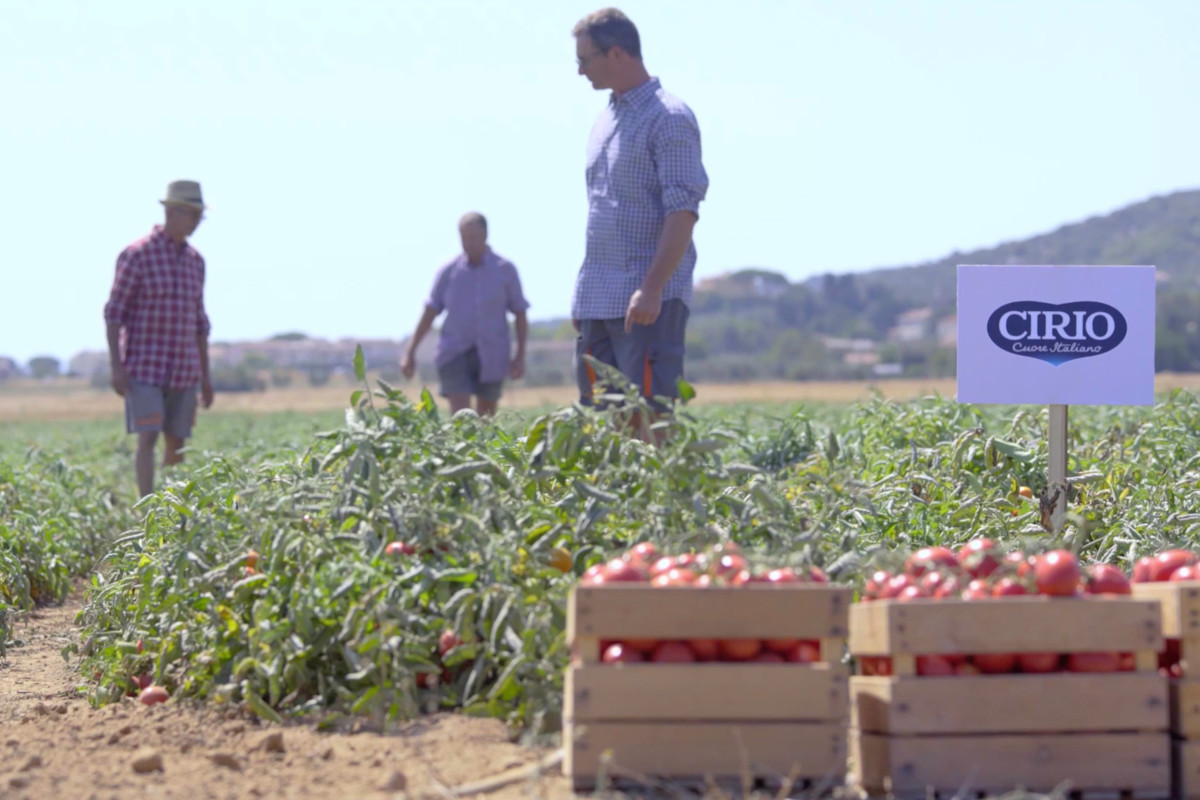
A climate-neutral and, therefore, 100% sustainable tomato pulp has been introduced to the British market by the Italian brand Cirio. Since last January, all 400g cans of Cirio Chopped Tomatoes – 100% Italian Tomato Pulp can boast the “Climate-Neutral” wording (clearly highlighted on the label), namely with a completely offset impact on climate change.
“We have set ourselves the ambitious goal of completely neutralizing the effects on the planet of a flagship product like Cirio Tomato Pulp, which accounts for the majority of our sales in the UK,” says Diego Pariotti, Foreign Sales Director at Conserve Italia, the cooperative group that owns the Cirio brand. “The 100% Italian tomato specialist, active since 1856, thus enhances its social base of more than 14,000 Italian farmers, taking care of the territories where tomatoes are grown with a commitment to supply chain sustainability,” says Pariotti.
CIRIO’S AND UK’S ENVIRONMENTAL VOCATION
“Britain’s strong environmental vocation has always been known. Consumers show support for all kinds of modern ‘green’ projects, from vertical vegetable gardens in London to the reforestation of wooded areas in Scotland,” recalls Conserve Italia’s Export marketing manager Sandra Sangiuolo. “This new launch, sealed by the Farmer’s Pledge, can therefore provide one more reason to support the Cirio brand. It is, however, a uniqueness in the tomato preserves market.”
“This important result – says Pietro Crudele, Environmental manager at Conserve Italia – is made possible by the collaboration with the University of Genoa, which allowed us to obtain the EPD Process (Environmental Product Declaration) certification and publish the Environmental Declarations, that is the reporting of the environmental impact of our products. In this way, we can identify the phases of the production process in which to intervene in order to increase the benefits for the ecosystem. Our commitment to the planet is to reduce emissions through precision farming techniques, the use of renewable energy, rail transport of goods, the valorization of by-products, and the reduction of plastic in packs.”
